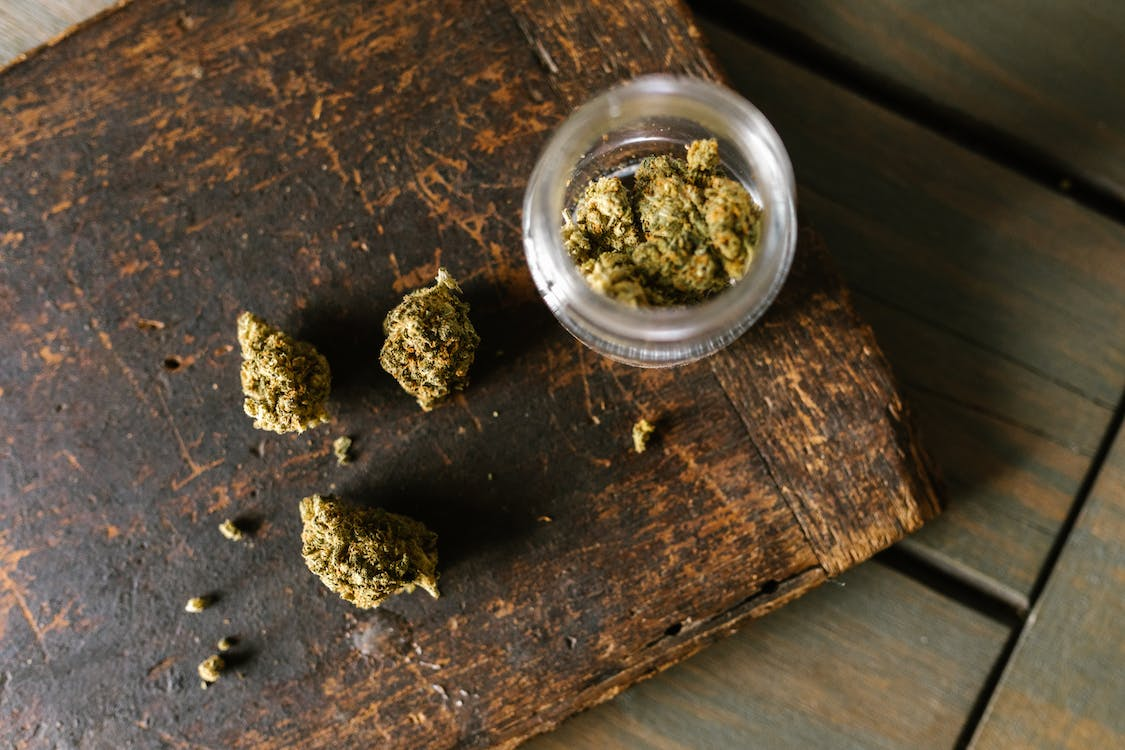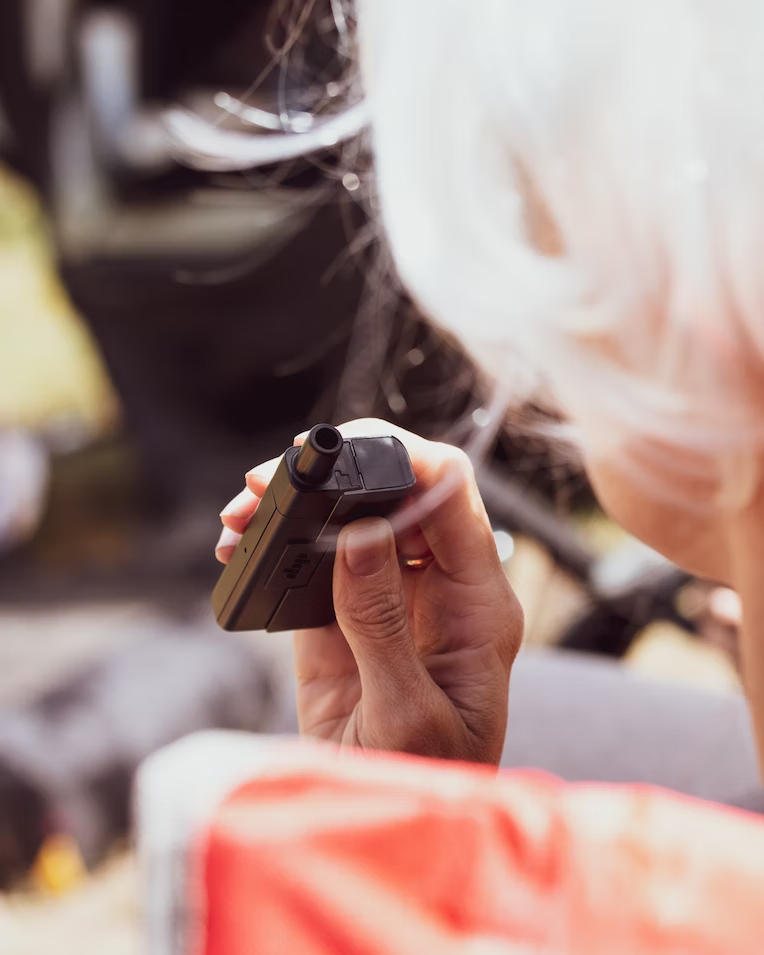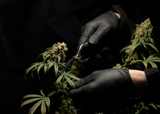The idea that regular cannabis use leads to sloth and apathy has been widely held for over half a century. In the 1930s, a federal bureaucrat trying to collect money for the Drug Enforcement Administration popularized this false stereotype. Nixon used the stigmatization of cannabis and heroin to target the Black community and distract protesters against the Vietnam War in the early 1970s—the issue of whether or not cannabis use causes a lack of drive stays open.
There is both support and refutation in the scientific literature for the theory that chronic cannabis use causes a lack of motivation and disinterest in pursuing one's goals. The medical society is still on the fence about this issue due to a lack of definitive evidence. It's hard to put a number on how much motivation someone has.
The American Psychological Association's (APA) scholarly journal Experimental and Clinical Psychopharmacology recently released groundbreaking research disproving the hypothesis that cannabidiol induces a motivational syndrome. "a pattern of cannabis use that is harmful and results in clinically significant impairment or distress," is how experts define cannabis use disorder. The report concluded that there was no proof to back up the hypothesis.

When it comes to getting things done, the endocannabinoid system plays a role. The mesolimbic networks control feelings like reinforcement learning, fear, and emotional salience. Earlier research suggested that the "lazy stoner" personality attribute was a direct result of cannabis use, whether through bong rips or smoking a joint.
Researchers monitored 47 young adults in higher education. Twenty-five people took part in the study, and seventeen of them met the conditions necessary to diagnose "cannabis use disorder" The other 22 people were in the no-cannabis control group.
Exactly how much cannabis is "too much" cannot be determined empirically. When drinking causes problems at home, school, or job, however, it is classified as an addiction.
All of the subjects were given an Effort Expenditure for Rewards Task to finish. No significant problems were identified, though researchers did find that symptoms of ADHD and other conditions that can lead to delays in goal-directed behavior diminished over time.

Advocates of cannabis point out that some pharmaceutical drugs may cause more pronounced motivation and reward saliency disorders, which is why cannabis should not be lumped in with drugs and booze. There is evidence that antidepressants like Prozac and Paxil may exacerbate the signs of amotivational syndrome in some people.
Students who used cannabis in college were more motivated to work for their rewards. The research team came to the conclusion that the ideas posited by those with the amotivational syndrome did not hold water. More research with a larger sample size is needed to establish whether or not cannabis use is associated with shifts in habits of exertion in the real world

